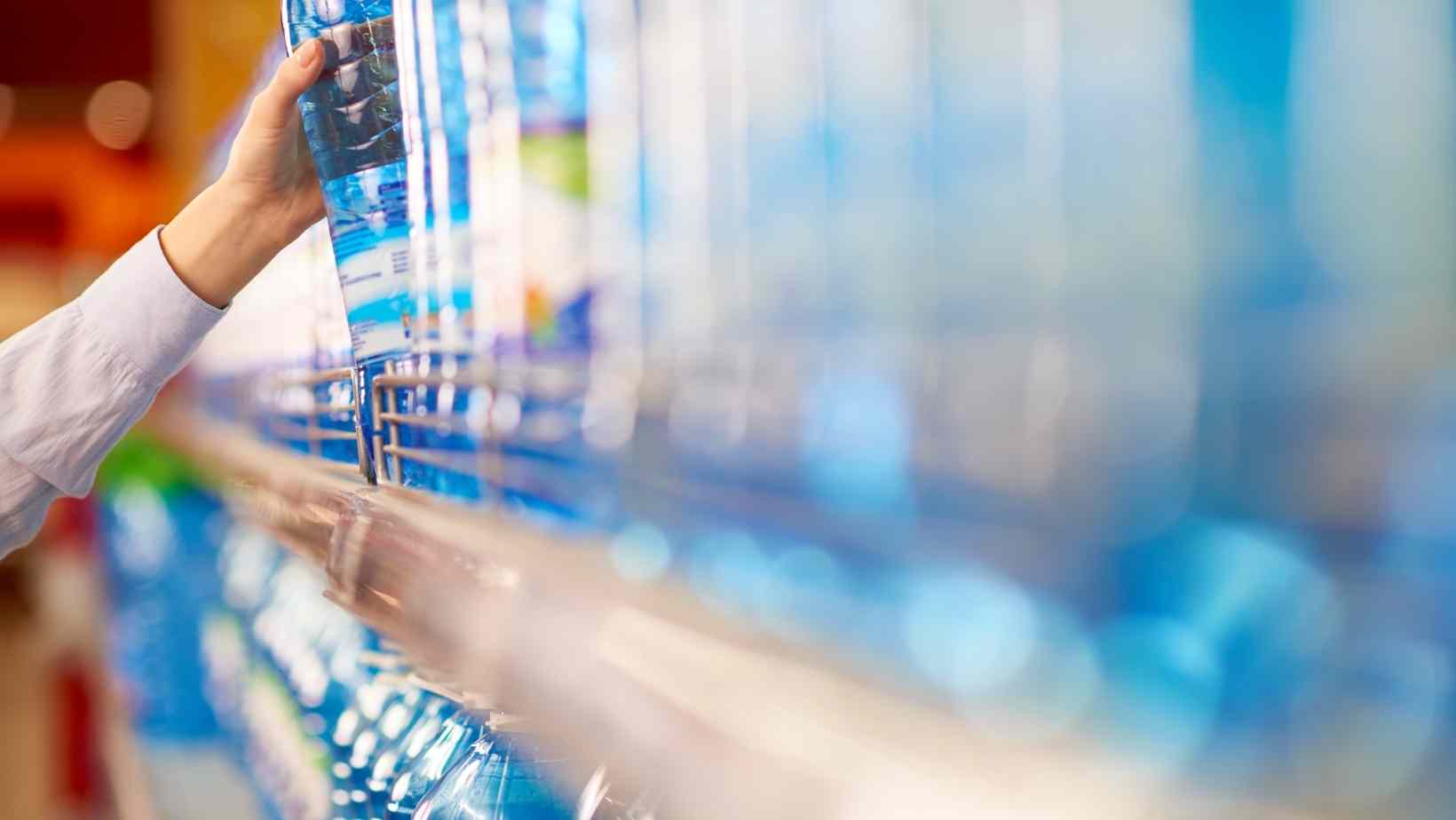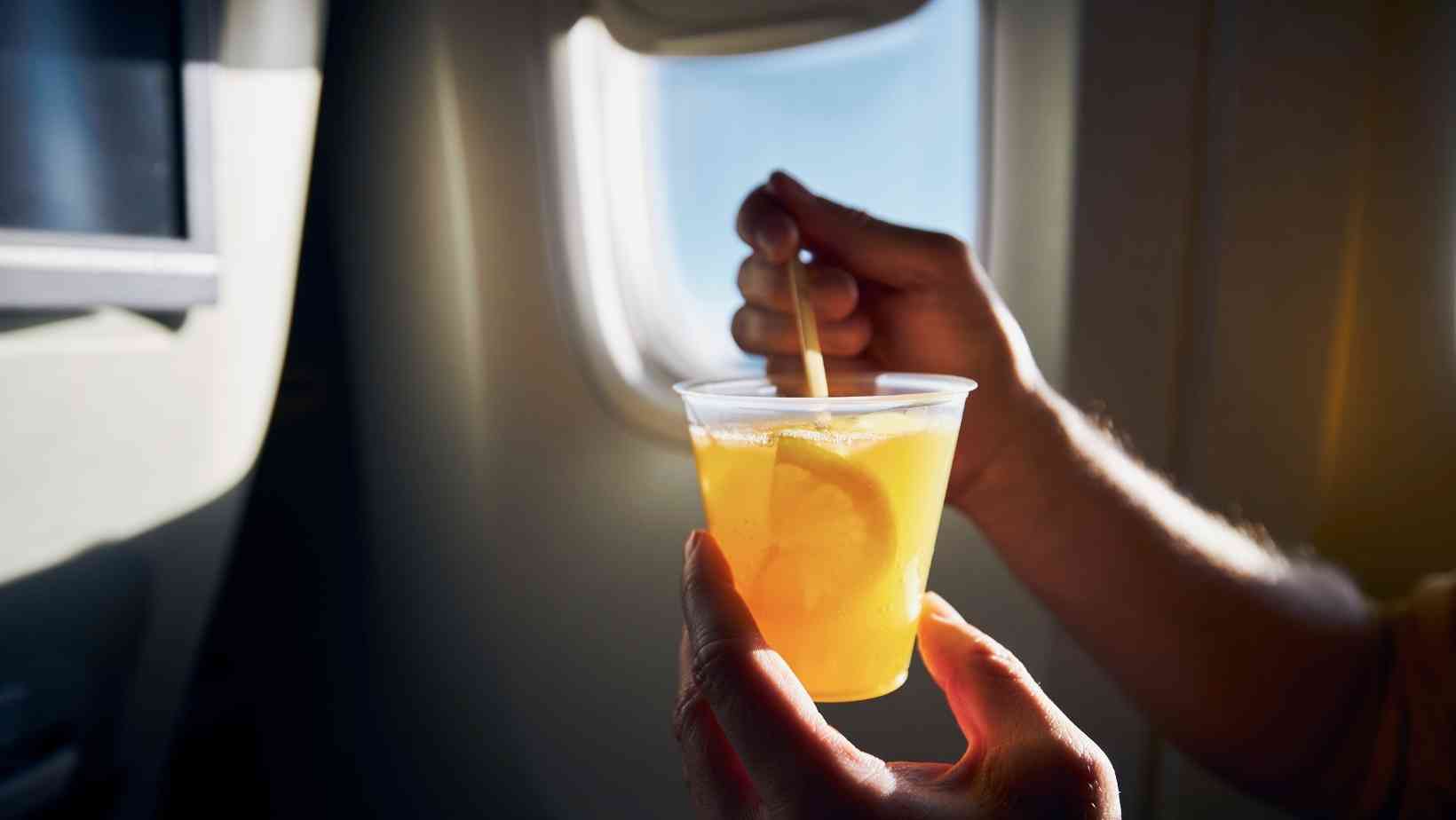Water. For all living beings, it is one of the most crucial ingredients. Water accounts for up to 60% of the adult human body. It is required for biochemical processes, the distribution of nutrients throughout the body, the removal of waste, and the maintenance of blood circulation and body temperature. It improves digestion, avoids constipation, cushions joints, maintains heartbeat stability, and protects essential organs and tissues.
We may get dehydrated if we don't get enough of it. Muscle cramps, weariness, thirst, and other unpleasant sensations are all signs of dehydration. Our ability to think and reason may be harmed. We may notice a loss of appetite, moderate constipation, lightheadedness, or kidney stones.
It's important to drink enough water every day to keep your body running smoothly. When you're in a hot environment, physically active, have a fever, or have diarrhoea or vomiting, your body requires extra water. It's easy to go about your day without considering how much water you've had or to forget to take those sips until you begin to feel ill. However, water is essential for keeping your body healthy and hydrated, particularly in the summer heat.

How Much Water Will You Require?
There is no one-size-fits-all formula for daily water consumption, according to physicians. The quantity of water you should drink each day is determined by many variables, including your body, health problems, medicines, and other considerations. Certain individuals may retain too much water due to diseases such as thyroid disease, kidney, liver, or heart issues, and some antidepressants and non-steroidal anti-inflammatory medicines (NSAIDs) cause people to retain water.
Although there are broad suggestions for both women and men, there is no standard for how much plain water adults and children should drink every day. One rule of thumb is that women should drink around 2.7 litres of water per day, while males should drink about 3.7 litres. Divide your body weight in pounds by two and drink that many ounces every day. Drinking water should, in any case, be a part of your daily routine, not something you have to force yourself to do.
How to Keep Yourself Hydrated
Keeping hydrated is essential for staying safe and healthy this summer. And what is the secret to keeping hydrated? Follow these ten simple guidelines:
Jump to:
- How Much Water Will You Require?
- 1. Make sure you're getting lots of water
- 2. Recognize the symptoms of dehydration
- 3. Take a look at your pee
- 4. Limit your intake of alcohol, sugary beverages, and/or caffeine
- 5. Take a break
- 6. Consume meals that are rich in water
- 7. Replace what you've lost when you sweat
- 8. During flights, opt for water
- 9. Add flavour to the mix
- 10. Take a probiotic supplement
1. Make sure you're getting lots of water
Daily fluid consumption guidelines vary by age, sex, pregnancy, and nursing, according to the Centers for Disease Control and Prevention. Begin by drinking a cup of water first thing in the morning or a glass before bed. With each meal, have another glass. After your workout, drink one or two glasses of water. Drink water gradually throughout the day to avoid dehydration.
2. Recognize the symptoms of dehydration
Are you experiencing dry, irritated, inflamed, itchy, or sensitive skin? This is a symptom of dehydration. Do you have a headache, or are you dizzy or tired? These are also indicators. Other symptoms include muscle cramping, fast breathing, fainting, and not urinating (or peeing with extremely dark yellow urine). If you're suffering from any of these symptoms, the best thing you can do is get out of the sun and drink lots of water. Small over-the-counter choices like Pedialyte and Hydralyte may help with dehydration by balancing electrolytes and salt. Call 911 if your dehydration is severe.
3. Take a look at your pee
The colour of your urine is a reliable indicator of hydration. Urine that is pale in colour, comparable to straw, shows that you are well hydrated, but darker urine indicates that you need more water. You may have moderate to severe dehydration if your urine is dark yellow or amber in colour. Other drugs and health issues, of course, might have an impact. Consult your healthcare professional if you're worried about the colour of your urine.
4. Limit your intake of alcohol, sugary beverages, and/or caffeine
It's a little-known truth that certain beverages dehydrate you! Coffee, sugary sodas, beer, wine, and hard liquor, as well as lemonade, sweet tea, energy drinks, smoothies, and flavoured milk, are all to blame. They're high in sugar, salt, and other chemicals that cause your tissues to lose water. Consider replacing some of them on a regular basis or rehydrating with additional water after each dehydrating beverage.

5. Take a break
It's not only about drinking water when it comes to staying hydrated; it's also about controlling your body temperature. Wear light, loose-fitting clothing in light colours during the summer, when the risk of heatstroke is greatest; schedule strenuous sports and physical activities during cooler times of the day; protect yourself from the sun with hats and other shade accessories; take frequent drink breaks, and mist yourself with a spray bottle if you become overheated.
6. Consume meals that are rich in water
Did you realise that drinking water accounts for over 80% of our total water intake? The remaining 20% comes from eating. Cucumbers, celery, tomatoes, radishes, peppers, cauliflower, watermelon, spinach, strawberries, broccoli, and grapefruit are just a few of the fruits and vegetables that are high in water. They're all made up of 90% water or more.
7. Replace what you've lost when you sweat
Do you participate in sports? Are you planning a hike? It's critical to stay hydrated throughout these exercises. The amount of perspiration you produce, the humidity level, and the length of time you've been exercising are all elements to consider. Hydration refers to drinking adequate water before, during, and after physical activity. Before, during, and after an exercise, the American Council on Exercise suggests following these guidelines:
- Two to three hours before you workout, drink 17-20 oz.
- 20-30 minutes before you workout, drink 8 oz.
- During activity, drink 7-10 oz. every 10-20 minutes.
- Drink 8 oz. within 30 minutes after finishing your workout.
8. During flights, opt for water
Dehydration is common at airports and during flights. When you're on the road for summer vacation, it's difficult to drink as much as you normally do, and airlines are infamous for having low-humidity air, which adds to dehydration upon landing. Pack an empty reusable water bottle in your carry-on bag and fill it with water after you've cleared security. When the beverage cart goes by mid-flight, ask for water instead of the vending machines at the airport.

9. Add flavour to the mix
Are you someone who doesn't drink a lot of water? Add a few easy additives to your water to make it more interesting. Without artificial sweeteners or preservatives, limes, lemons, mint, oranges, berries, cucumbers, and other fruits enhance the flavour. This might also assist you in drinking more water than normal. You might also try coconut water. Because this mineral-rich beverage is high in potassium, magnesium, sodium, and calcium, it rapidly replaces lost fluids and electrolytes caused by exertion and hot weather.
10. Take a probiotic supplement
Both beneficial and dangerous bacteria live in our bodies. They've found their way into our mouths, guts, and skin. Probiotics are live microorganisms that may help enhance your body's bacteria and can be found in yoghurt and other cultured foods and supplements. Taking a probiotic supplement may help boost your immune system, protect you from illness, and enhance your digestion and nutrient absorption, including water. Probiotics may also aid with a variety of dehydration-related issues, such as diarrhoea.
This summer, be safe, cool, and hydrated.




